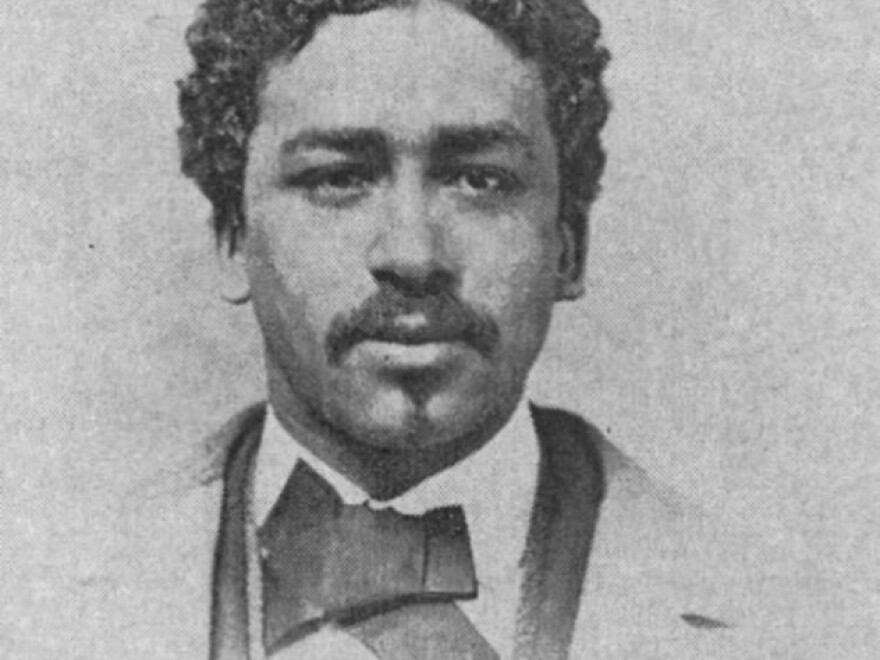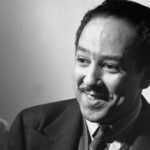A Scholar and Pioneer: Richard Theodore Greener’s Journey as Harvard’s First African American Graduate
Early Life and Education: Born on January 30, 1844, in Philadelphia, Richard Theodore Greener rose from humble beginnings to become a trailblazer in education and diplomacy. Growing up in a society marked by racial divisions, Greener’s intellectual prowess paved the way for his historic journey as the first African American to graduate from Harvard College.
Harvard College and Academic Achievement: In 1870, Richard T. Greener achieved a historic milestone by graduating from Harvard College. His academic accomplishments were exceptional, and he distinguished himself as a scholar, earning high honors during his time at Harvard. His graduation marked a groundbreaking moment, challenging the prevailing racial norms within higher education.
Diplomatic Career: Following his graduation, Greener embarked on a multifaceted career that included notable achievements in diplomacy. He served as the United States’ first African American diplomat, appointed as the U.S. Consul to Vladivostok, Russia, in 1897. His diplomatic service highlighted his commitment to breaking down racial barriers on the international stage.
Educational Advocacy: Richard Theodore Greener was a passionate advocate for education and played a pivotal role in fostering educational opportunities for African Americans. He believed in the transformative power of learning and dedicated his efforts to expanding access to quality education for individuals of all racial backgrounds.
Legal and Scholarly Contributions: Greener’s intellectual pursuits extended to the legal field. He earned a law degree from the University of South Carolina and became a practicing attorney. Additionally, Greener made significant scholarly contributions, writing on topics ranging from racial equality to classical literature, leaving an indelible mark on academic discourse.
Legacy and Impact on Civil Rights: Richard T. Greener’s legacy is deeply rooted in his commitment to education, diplomacy, and civil rights. His achievements paved the way for future generations of African American scholars and leaders, challenging societal norms and contributing to the ongoing struggle for racial equality.
Challenges and Triumphs: Greener faced significant challenges during his lifetime, navigating the complexities of racial prejudice and discrimination. Despite these obstacles, his resilience and dedication allowed him to triumph over adversity, leaving an enduring legacy of academic and professional success.
Inspiration for Future Generations: Richard Theodore Greener’s life serves as an inspiration for future generations, illustrating the transformative power of education, resilience, and determination. His journey contributes to the broader narrative of African American achievement, reminding individuals that intellectual excellence knows no racial boundaries.
Conclusion: Richard Theodore Greener’s historic achievements at Harvard College, coupled with his impactful career in diplomacy and education, solidify his place as a pioneering figure in American history. His legacy continues to inspire individuals to pursue excellence, challenge societal norms, and contribute to the ongoing pursuit of equality and justice. Richard T. Greener’s life remains a testament to the enduring power of education and the ability of individuals to shape history through their intellect and determination.





